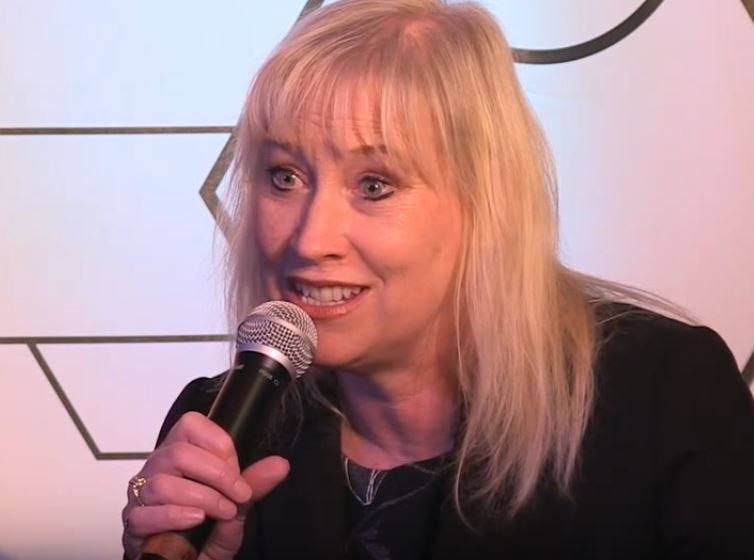Shona Tatchell wants to combine technology with new finance models to change how products are manufactured and shipped around the world with her Halotrade startup
“I conceived the idea of Halotrade about 18 months ago, when I heard on the radio about how corporates in the UK were going to have to provide transparency statements about their supply chains” with the advent of the Modern Slavery Act, says Shona Tatchell, head of innovation, trade and working capital at Barclays. Tatchell is founder of Halotrade, a start-up funded and incubated by the UK bank that is focused on creating transparent supply chains.
“I realised that blockchain technology, combined with supply-chain financing, could be used to try to drive systemic change in the way products are manufactured and shipped around the world in global supply chains.”
Tatchell to a recent event by sustainability platform The Crowd that the first mile in the supply chain is the most opaque. “The scale of the problem in the first mile of the supply chain is unaccounted for and lacking in transparency. Environmental degradation, modern day slavery and bribery and corruption are all supply chain issues. Couple this with the commercial challenges of lack of access to finance for small producers, due to high borrowing rates, particularly in emerging markets, and we have a very fragile supply network.”
A ‘trust machine’
The key benefit of blockchain is that it is a “trust machine”, she adds. “It is a transparent way in which buyers, suppliers, auditors and bankers can all see and believe that “what I see is what you see.” As a result, risk is reduced through greater transparency, costs are automatically lower and finance repurposed sustains supply chains while adding no cost to the end product, she added. “In fact it should reduce the price premium paid by the consumer so now we can tip the scales in favour of the good guys.”
Halotrade aims to bring together technology, commercial returns and social impact, Tatchell says. “Our purpose is to bring the power of finance to nurture virtuous circles and cycles of reward for satisfying better supply chain standards.”

The technology “will transform the financing of supply chains by enabling data insight with technology, bringing a competitive financial advantage to suppliers that provide supply chain transparency and therefore protect brands from risks in their supply chains that they simply cannot see,” Tatchell says.
Changing the game
She says that suppliers previously unable to get finance, or who pay against the odds, will – in return for participating in a system of transparency – be able to borrow at the rate of the buyers. “And the buyers will be far more confident about the resilience of their supply chains. We will change the game by putting tangible financial incentives in place for transparency and responsibility. Supplier business models will simply have to adapt or risk becoming uncommercial.”
Halotrade is based on three core insights, she adds. The first is that since the introduction of the Modern Slavery Act, brands have been held responsible for their supply chains and companies have been successfully prosecuted under the act. Second, there is a shortfall of about $1.6tr in working capital for emerging market SMEs. Third, there has been successful use of distributed ledgers and decision-making tools on the blockchain to show product origin and provenance.
“If we’re going to change the world we live in through innovation and emerging business models, then solutions need to be systemic,” she concludes.
This is part of our big data and human rights briefing. See also:
Protecting privacy in the digital age
Refusing to dance with dictators
Big data shines light on supply chains
Kenyan mobile operators ‘pressured to give up data'
Big data supply chains Human rights Barclays Halotrade Sustainable finance

